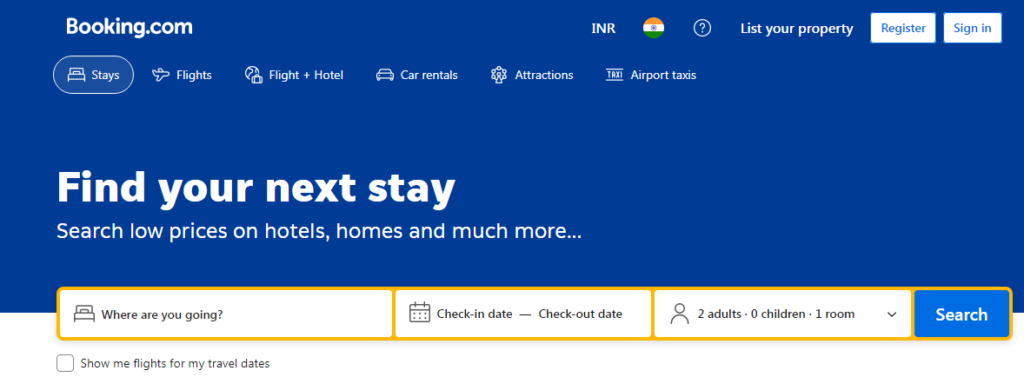Booking.com has faced a significant legal setback in the European Union regarding its “best price” clauses, which have been under scrutiny for potentially stifling competition. On September 19, 2024, the Court of Justice of the European Union (CJEU) ruled that these clauses, which prevent hotels from offering lower rates on other platforms, may violate EU competition laws.
Background of the Case
The legal challenge originated from complaints by various hotel operators who argued that Booking.com’s contracts restricted their ability to set competitive pricing. These “best price” clauses mandated that hotels could not offer lower prices on their own websites or through other booking platforms, effectively limiting competition and consumer choice. The implications of this ruling are significant, as it aligns with the broader objectives of the EU’s Digital Markets Act, which aims to ensure fair competition among online platforms.
Court’s Findings
The CJEU’s decision emphasized that such pricing restrictions could hinder market competition and harm consumers by keeping prices artificially high. The court’s ruling supports the position that large online platforms like Booking.com should not impose conditions that limit how hotels can price their services. This landmark ruling is expected to pave the way for more competitive pricing strategies among hotels, potentially benefiting consumers with lower rates.
Industry Reactions
The response from the hospitality industry has been largely positive, with many hotel operators expressing relief at the court’s decision. They see it as a victory for fair competition and an opportunity to regain control over their pricing strategies. Conversely, Booking.com has indicated its disappointment with the ruling and is currently reviewing its options for compliance with the court’s decision.
Future Implications
This ruling could have far-reaching effects beyond just Booking.com. It may prompt other online travel agencies to reevaluate their pricing policies and contractual agreements with hotels to avoid similar legal challenges. As the EU continues to enforce regulations aimed at promoting fair competition in digital markets, companies operating within this space will need to adapt swiftly to comply with evolving legal standards.
In conclusion, Booking.com’s defeat in the EU over its best price clauses marks a critical moment in the ongoing battle for fair competition in online travel services. The outcome not only impacts Booking.com but also sets a precedent for how online platforms can operate within the European market moving forward.
















More Stories
Bulgaria’s Tourism Triumph Record 2025 Powered by Neighbors
Poland’s High-Tech Border Revolution: EES Ushers in New Era
Mexico’s 2026 Luxury Hotel Explosion: Caribbean & Pacific Gems